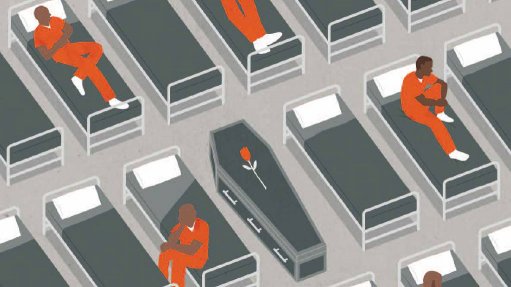
On the morning that Jose Azurdia died, an officer at the Adelanto Detention Facility in California told a nurse Mr. Azurdia was ill and vomiting. The nurse told him “she did not want to see Azurdia because she did not want to get sick.” This began a series of unconscionable delays in getting Mr. Azurdia care for what turned out to be a fatal heart attack.
Thongchay Saengsiri suffered from the symptoms of congestive heart failure for most of the 15 months he was detained at the LaSalle Detention Facility in Louisiana, including fainting, swelling, anaemia, coughing, and shortness of breath. Instead of properly diagnosing and treating these classic symptoms, a nurse recommended he increase his fluid intake, which likely increased his risk of heart failure.
Rafael Barcenas Padilla died from bronchopneumonia after a delay in transferring him to the hospital from the Otero County Processing Center in New Mexico, where nurses recorded his dangerous low oxygen levels over the course of three days that should have prompted immediate hospitalisation.
More people died in immigration detention in fiscal year 2017 than any year since 2009, and the most recent detailed information we have about immigration detention deaths shows that they are still linked to dangerously inadequate medical care. This report, a joint effort of four organisations that have long worked to advance the rights of detained immigrants, analyses publicly-released government investigations known as Detainee Death Reviews of 15 deaths in immigration detention from December 2015 to April 2017, which represent all but one of the deaths reported during that period. At least two independent physicians with expertise in correctional health separately reviewed each file for us and concluded that substandard medical care contributed or led to eight of the 15 deaths, including the deaths of Mr. Azurdia, Mr. Saengsiri, and Mr. Barcenas.
In all but one of the 15 deaths we analysed for this report, our experts found evidence of subpar and dangerous practices including unreasonable delays, poor practitioner and nursing care, and botched emergency response. In line with cases we have previously documented, one of the 15 cases involved the suicide of a person with a psychosocial disability who was inappropriately placed in isolation.
Report by the Human Rights Watch